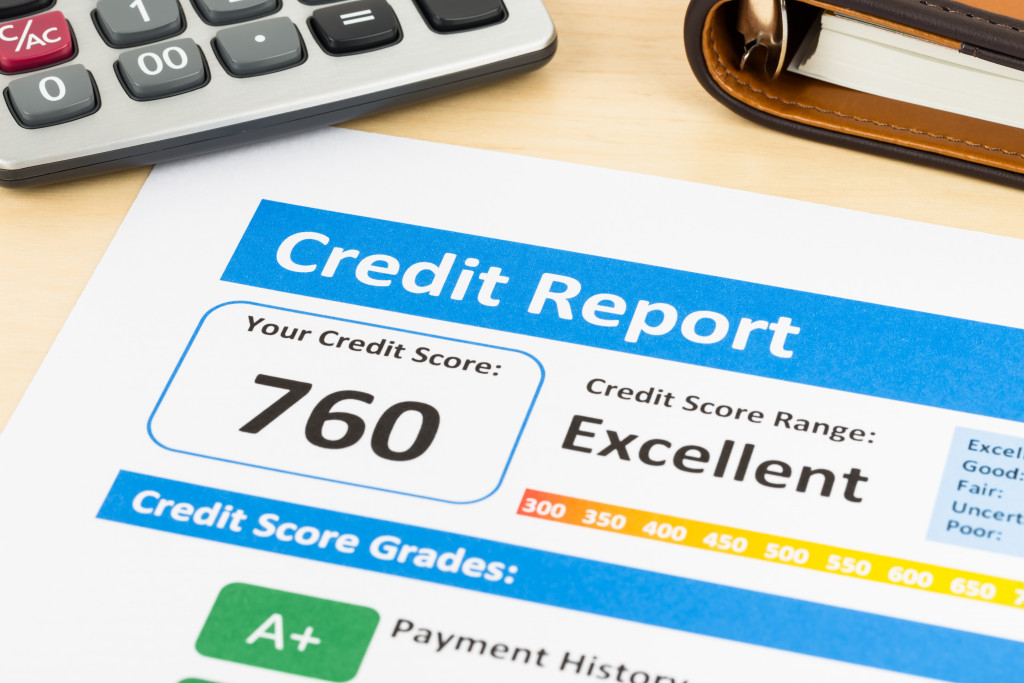- Research different banks and lenders to find the best deal on financing a new home.
- Find ways to improve your credit score to qualify for better rates.
- Consider putting down a larger down payment, or getting a second mortgage, to help finance the home.
- Negotiate with lenders to get the best rate for your new home loan.
- Look beyond the lowest rate when considering a loan for your new home. Consider the other factors that come into play, such as additional fees and the lender’s reputation.
When it comes to financing a new home, finding the best rates can be a daunting task. The process can be overwhelming, and many people don’t know where to start. Some even think they need to wait for a great rate, only to find out later that the best rates are not always available. This blog post will share some tips and tricks for finding the best rates when financing a new home.
1. Start with research.
The first step in finding the best rates for your new home is doing your research. Spend some time researching different banks and lenders to compare rates. Consider contacting a local mortgage broker who can help you compare rates from various lenders. They can also advise which lenders to consider and how to structure your loan best.
You should also research different types of loans, like FHA or VA loans, to see if you qualify for any special rates or programs. You may be eligible for a lower rate depending on your credit score and other factors. Some lenders may even offer special deals to first-time homebuyers.

2. Improve your credit score.
If you have a good credit score, you’re more likely to qualify for better rates. Lenders use your credit score to determine how likely you are to repay the loan on time. They may offer higher rates or deny your loan application altogether if they deem you too risky. Before applying for a mortgage, you must check your credit score and ensure it is accurate. Here are some tips to improve your credit score:
a. Pay all bills on time
When applying for a mortgage, it’s important to ensure your bills are all paid on time. Late payments can greatly impact your credit score and may lead to higher interest rates.
b. Keep balances low
Reducing your credit card debt can help you qualify for a better rate. Try to keep your credit card balances low, and aim to pay off the full balance each month. This will show lenders that you are responsible with your credit and can handle the responsibility of a loan.
c. Don’t open too many accounts
Opening several new accounts at once can harm your credit score. Try to limit the number of credit cards and loans you open to keep your score high. If you need to open a new account, pay it off on time each month.
d. Monitor your credit report
Finally, check your credit report regularly to make sure everything is accurate. This will help you identify potential inaccuracies or identity theft so you can address them quickly. Some lenders also offer free credit monitoring services, so take advantage of those if available.
3. Consider a larger down payment.
Generally, the more money you can put down on your new home upfront, the better rates you’ll qualify for. Consider saving up for a larger down payment before you start the home-buying process. It may be a sacrifice upfront, but it could save you thousands in the long run. You might also consider a second mortgage to help with the down payment.

4. Don’t be afraid to negotiate.
Don’t hesitate to negotiate with lenders when financing your new home. You might be able to get better rates if you have more money to put down, are willing to shorten the life of the loan, or if you’re able to lock in rates at the right time. Do your research and be prepared to negotiate with your lender to get the best rates possible. But remember, you’re in control — if something doesn’t feel right or the terms aren’t to your liking, don’t be afraid to walk away.
5. Remember that the lowest rate isn’t always the best option.
It’s important to remember that the lowest rate isn’t always the best option for your specific needs. Be sure to consider other factors, like the length of the loan, any additional fees or costs associated with the loan, and the lender’s reputation. It’s always better to work with a reputable lender, even if the rates aren’t the lowest on the market.
Financing a new home can be stressful, but by following these tips, you can find the best rates and confidently finance your new home. Remember to research, check your credit score, consider a larger down payment, negotiate with lenders, and look for more than just the lowest rate. You can find the best rates for your new home with the right information and resources.
